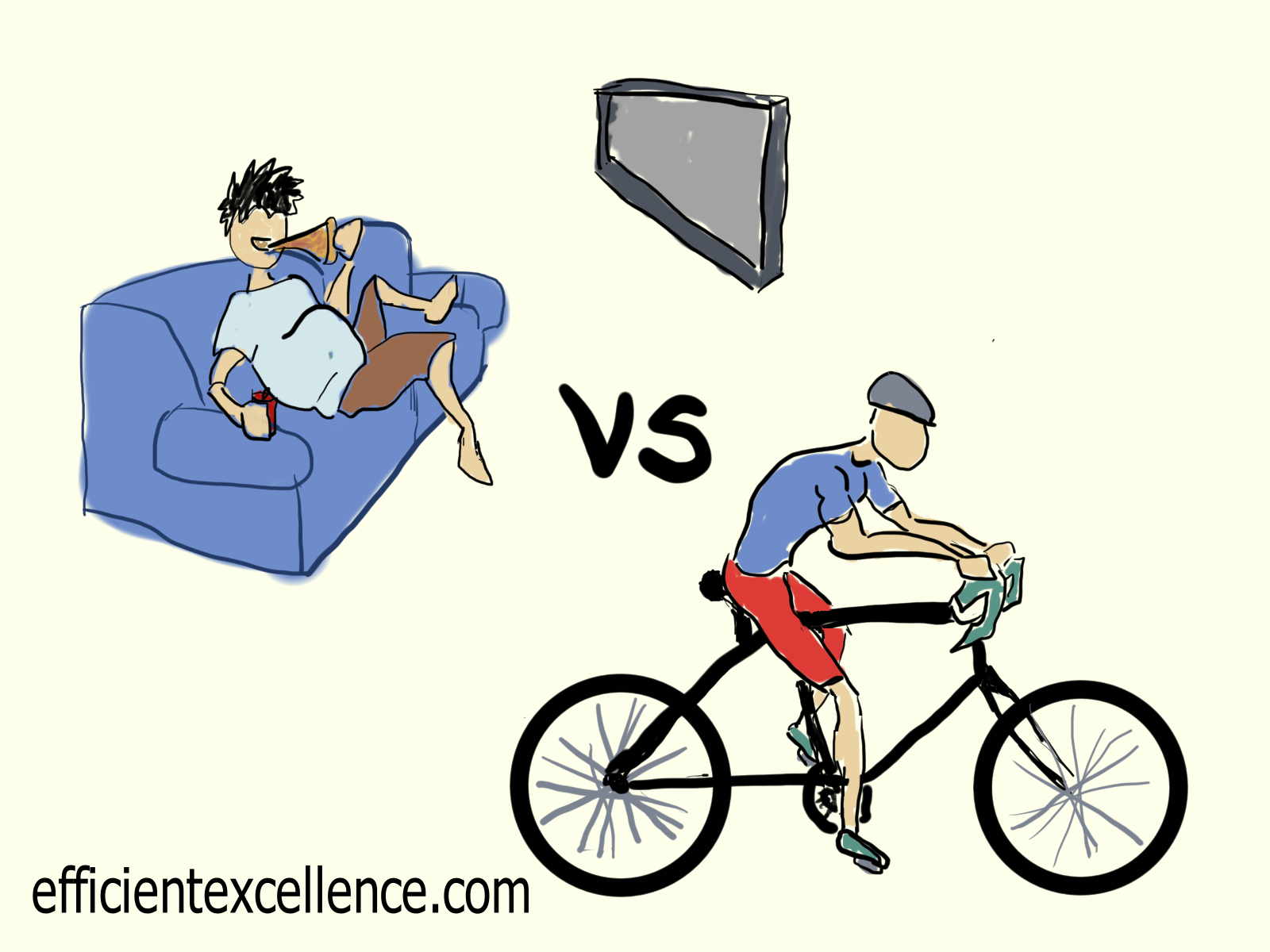Is quitting really all that bad?
Despite the widespread belief in modern society that quitting is a sign of weakness and failure, giving up early actually has its merits. There are many paths in life (perhaps a majority of them) that just aren’t worthwhile because they aren’t likely to lead to your success or happiness, or are not the most efficient means to get there.
What’s holding you back, and stopping you from moving on?
Knowing this, what stops people from moving on to better opportunities? In Think Like a Freak, Steven Levitt and Stephen Dubner argue that resistance to quitting and moving on comes down to three main causes:
1. You’re a victim of the Sunk Cost Fallacy. You believe that you’ve invested so much in something that it would be wasteful to move on to something else.
- You may have spent years with a person in a poor or even negative relationship, but don’t want to move on because you’ve been with them for so long.
- Maybe you hate every minute of your job or dread every single class you are taking, but don’t want to switch majors or change careers because you invested so much time and money in training
- You feel that you are so broke or overweight that there is no turning back now. Things can only get worse
2. You don’t realize that there are opportunity costs associated with any activity or endeavor. Every activity, pursuit, or action has costs and benefits associated with it, and pursuing one means missing out on another.
- One of the three hours you spend watching TV after work could be used to work out, spend time with your family, or spend time on a side job
- The hours spent on the weekly game club that you attend (but have minimal interest in) could be used to jumpstart that nonprofit idea you had to change the world.
- The hours of golf you spend could be replaced by rock climbing, a sport you always dreamed of getting into.
3. You have fallen prey to the dreaded status quo bias. You want things to stay the same because it feels familiar and safe. It’s comfortable. Any change from the usual feels like a loss to you.
- You hate your low paying, unfulfilling, dead-end job, but are too afraid to apply to something more aligned with your interests because of the small change you might not make as much (though the reality is you’ll probably do a lot better).
- You can’t be bothered to even apply for a position at a different company across town when you can’t stand your overbearing boss, unsupportive colleagues, or the gloomy work environment at your current job.
- You’re obese and unhappy, and your only hobby is to sit around with your overweight, unambitious friends on weekends, drink beer, and watch TV. You really want to get in shape and pursue interesting hobbies, but pizza, beer, and your friends’ predictable, dry jokes are just so easy to go along with, and so comfortable.
- You want to be more mindful of your spending, and investing your money wisely, but you don’t want to give up your current unrestrained spending habits, and feel like learning about basic financial planning takes too much time and effort.
The sunk cost fallacy, opportunity costs, and the status quo bias are all psychological reasons people have that lead to trouble letting go of their current relationships, activities, goals, and behaviors, and moving on to better goals and opportunities. Don’t let these hold you back. Being aware of these barriers to change can help you better position yourself to achieve realistic goals more in line with your unique skills, abilities, and long term happiness.

